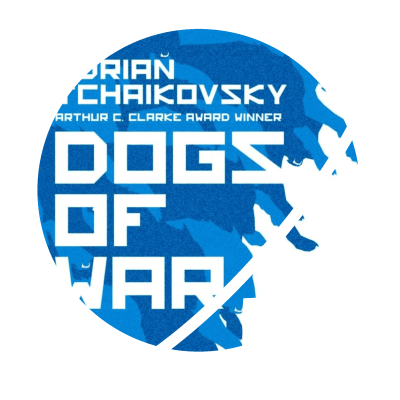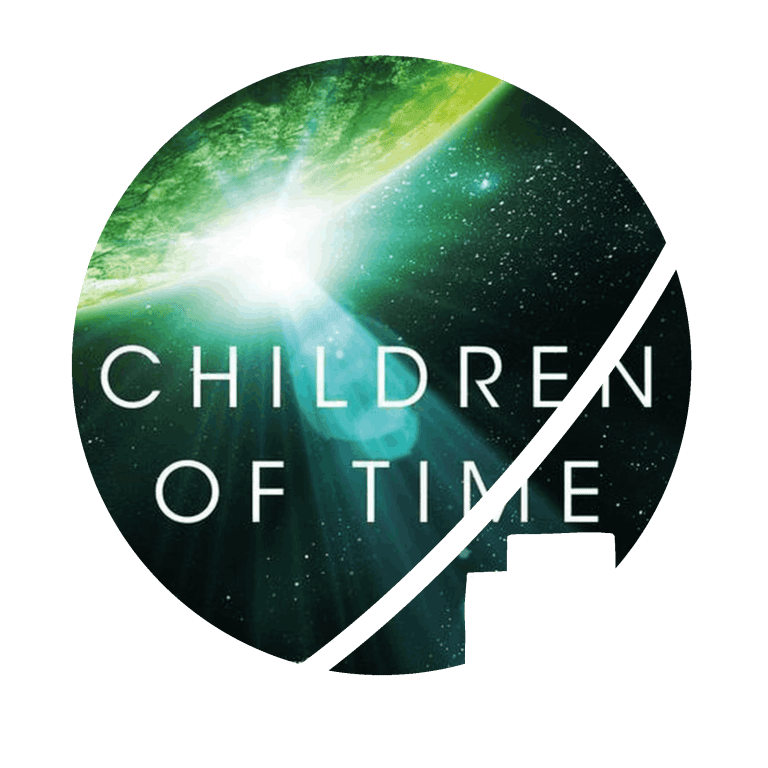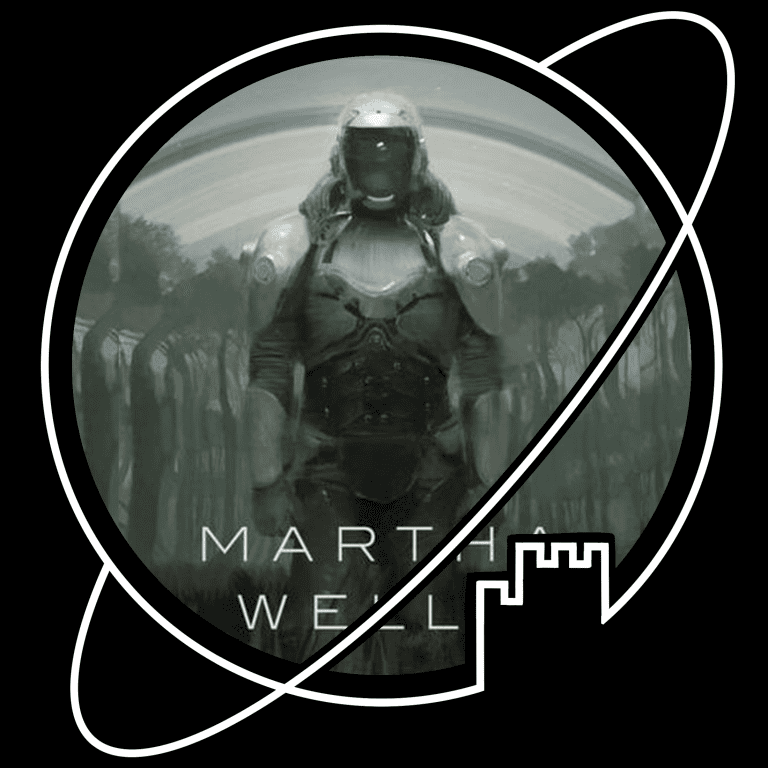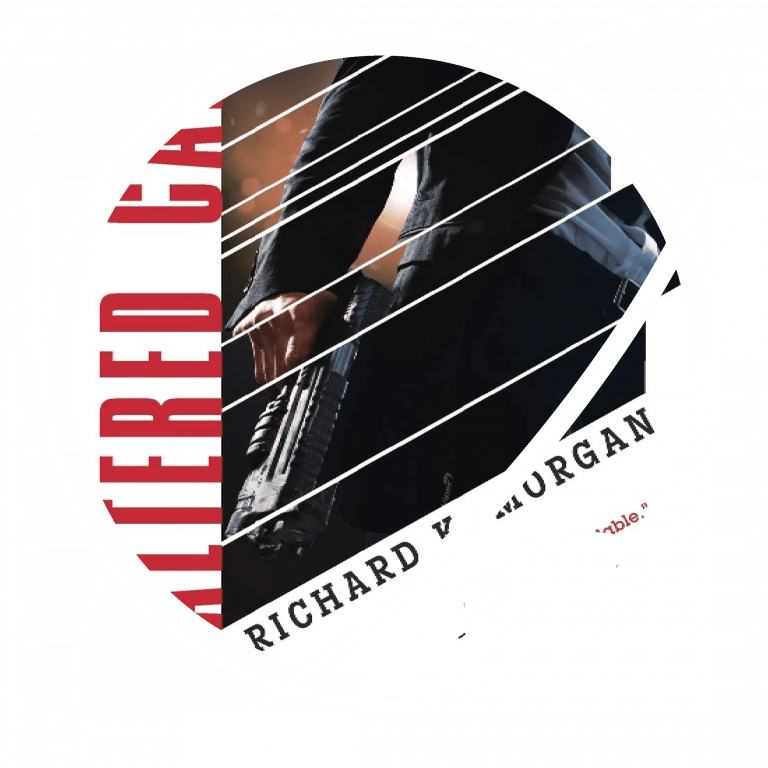- Book written by Adrian Tchaikovsky
- Published 2 November 2017
- Followed by Bear Head


Listened to the audiobook with William Hope, Laurence Bouvard and Nathan Osgood – a nice mix for the different perspectives.
My rating on Dogs of War is probably skewed by a personal pet peeve, which is that – for whatever reason – I’ve never been able to suspend my disbelief on anthropomorphic human-animal hybrid bio-engineered super soldiers. I have never been able to believe that we could make that work, or that the resulting creatures would actually be better at warfare than either humans or animals.
Bio-engineered human-dog hybrids have always felt like children’s cartoon-level villainy to me, and that makes it tough for me to take a book like Dogs of War seriously. I am going to have to admit that I put this book on without reading the blurb, and I probably would not have picked it up had I known.
Dogs of War was a relatively short read for the speculative genre (just under 10 hours of listening at 1x speed), so I decided to push on through, just to see what I would make of it. Had it been one of these 25 hour epics, I probably would not have finished.
Tchaikovsky’s core themes in Dogs of War are acceptance and tolerance and fear of the unknown. In this case, it is about the acceptance of hybrid bioforms in human society. The message is clear: these animal-human hybrids deserve our compassion and acceptance. The implication is that people who fail to see the bioforms as human, are bigoted.
One difficult aspect of Dogs of War is that the bioforms, the group it wants you to root for, are by their nature very alien. It takes preaching acceptance and inclusion to an extreme. That is an interesting premise, I’ll admit, but I didn’t feel like Tchaikovsky made it work fully.
Dogs of War’s main villain treats his bioforms like objects – tools or obstacles. This is cast in contrast with other human characters, who see the bioforms as individuals deserving of individual dignity. That would appear to set up the central conflict, but the problem is that the main villain also treats humans as nothing other than tools and obstacles. He lacks any compassion towards anyone at all. His treatment of bioforms and humans hardly differs. The main villain therefore doesn’t really do much for the central theme.
Which leaves the question of the acceptance of bioforms in human society unfortunately on the sidelines. There are a couple of scenes and narratives describing humans’ difficulty in interacting with the hybrid bioforms, but these are few and far between, even though these should maybe have been central to the book.
The main reason, I feel, humans fail to accept bioforms is not that the bioforms committed atrocities in war – humans, too, commit atrocities in war. The main reason is that bioforms are alien to us, and scary. And that aspect, while present, is left underdeveloped in the book. I can’t go into the conclusion without spoilers, but I ended up feeling the resolution was just slightly unearned.
So, what did I think? The bottom line is that it is a fine novel, but that it failed to grip me.
On a side note, I have to mention that Tchaikovsky includes a couple of scenes at the International Criminal Court in Dogs of War, and I was pleasantly surprised to find that he had figured out the concept of command responsibility, which played a central role in a couple of chapters. He might miss the mark on a number of other aspects of the ICC, but getting that one important detail right earns him high praise from me!








